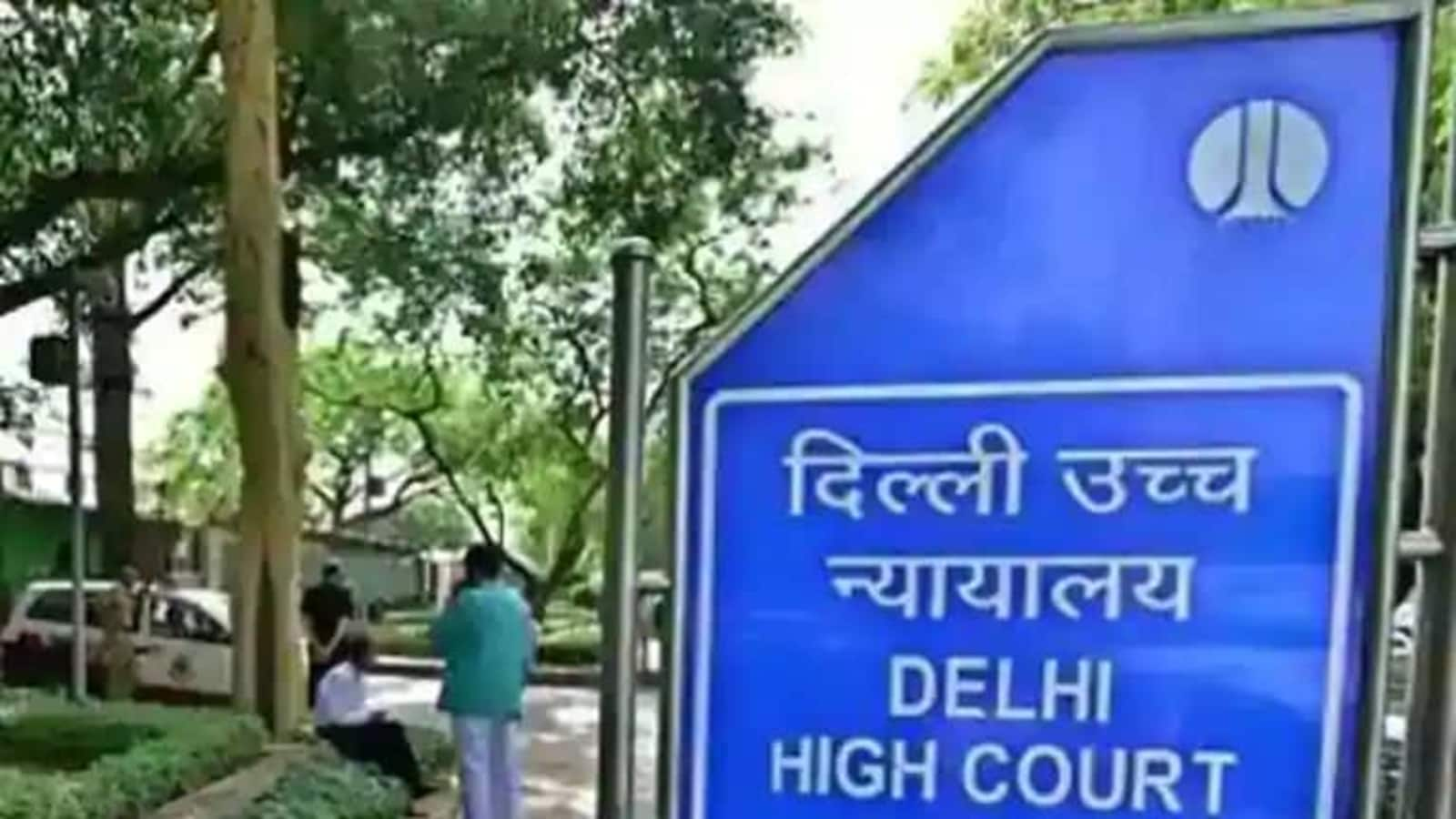


The Delhi High Court recently observed that while handing over a questionnaire to an accused based on the testimony of a witness, it is imperative that the trial court put each incriminating piece of evidence against an accused separately to give him/her a fair opportunity to explain the circumstances [Ajay Singhania v Central Bureau of Investigation]. Justice Anoop Kumar Mendiratta observed that failure to put the incriminating evidence to the accused or consider the accused person’s explanation of incriminating circumstances may vitiate the trial and/or endanger the conviction in a given case.“The question is expected to be couched in a simple format which is comprehensible and possibly as far as feasible each material incriminating circumstances has to be separately put up. The mixing of the distinct facts and questions does not give a fair opportunity to the accused to properly explain the circumstances appearing against him. It may not be feasible to exhaustively lay down the process of framing of the questions but it is imperative to put each incriminating piece of evidence separately to which the answer may be separately recorded,” the Court observed.The Court made the observations while directing a Special CBI Court to record statements under Section 313 (power to examine accused) of the Code of Criminal Procedure (CrPC) of two accused persons, named Ajay Singhania and Ram Bharose, by putting each piece of incriminating evidence separately and keeping in perspective the principles laid down by the Court in its order.Ram Bharose and Ajay Singhania are accused in a case titled CBI v Rajender Singh Rana & Ors. The case has been filed under Sections 7, 12, and 13(2) read with Section 13(1)(d) of the Prevention of Corruption Act, 1988.The accused (petitioners) had moved the High Court to set aside the entire set of questions, forming part of a questionnaire that was to be answered by the accused persons for the purpose of recording their statement under Section 313, CrPC.It was stated that the petitioners were provided with a questionnaire consisting of 79 questions out of which 75 questions were nothing except a bare reproduction of the examination in chief of 76 prosecution witnesses including the hostile witnesses.The entire questionnaire was completely ambiguous and did not clarify as to which portion of the deposition of the prosecution witnesses was an incriminating fact and which portion appeared as evidence against the petitioners, the Court was told.After considering the case, Justice Mendiratta observed that on the face of record, the framing of the questions proposed by the trial court (by putting the entire deposition of the witness in a single question) is ambiguous and, possibly, no specific answer could be given by the accused/petitioners.“The exercise appears to have been undertaken in a (casual) manner without separately putting out each piece of incriminating evidence. It may be virtually impossible for the accused to articulate his defence against such a question. The process of framing the questions in such a manner, in fact, impedes the process of arriving at a fair decision. The learned trial court for the purpose of examining the accused under Section 313 Cr.P.C. is to avoid springing together of several circumstances into a single question.”The Court said that the proposed questionnaire handed over by the learned trial court to the petitioners/accused requires reconsideration by the learned trial court.It, therefore, allowed the petitions moved by Singhania and Ram Bharose.“A copy of this order be forwarded to learned trial court for information and compliance. A copy of the same be also forwarded to Director, Delhi Judicial Academy for the purpose of undertaking a session of Judicial Officers of District Courts on recording of statement under Section 313 CrPC,” Justice Mendiratta further ordered.Senior Advocate Ramesh Gupta argued the case for the accused. He was assisted by Harsh K Sharma, Founder/Head of Prosoll Law, Vaibhavi Sharma (Associate Partner), Arjit Benjamin (Associate Partner), Lakshya Parasher (Associate Partner) and Bhumika Yadav (Senior Associate).The CBI was represented through its Special Public Prosecutor (SPP) Mridul Jain.
TAGS: Delhi High Court questionnaire accused testimony incriminating evidence fair opportunity trial CBI case Justice Mendiratta Section 313 CrPC Special CBI Court Prevention of Corruption Act